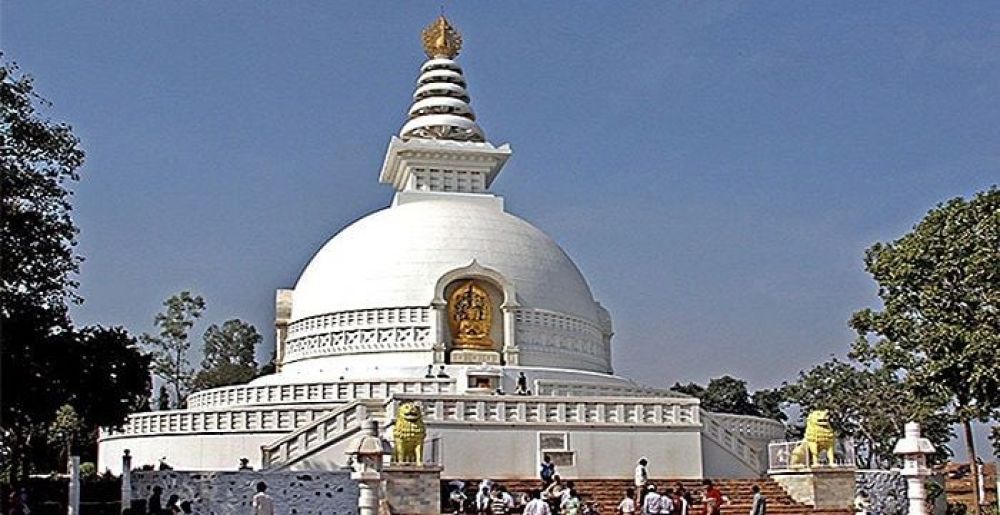

The Vesali Temple, situated near the city of Sittwe in the Rakhine State of Myanmar, is a testament to the region's ancient heritage and cultural significance. The temple dates back to the Vesali Kingdom era, which was founded in the early 8th century and lasted until the 11th century. The Vesali Temple is an essential part of Myanmar's Rakhine history, often overshadowed by the more prominent archaeological sites such as Bagan and Mrauk U.
The Vesali Temple is a significant relic of the Danyawaddy period. It encapsulates the essence of the Vesali Kings' dedication to Buddhism and their contribution to the spread of the religion in the region. The temple's architecture often reflects the art and culture of that era, showcasing the intricate craftsmanship of ancient Burmese builders.
Tourism in the Vesali area has been considerably less developed compared to the more accessible historical sites in Myanmar. However, with the gradual opening of the country to international visitors, there has been a growing interest in the lesser-known areas like Vesali. The region's tourism has traditionally been more focused on cultural and heritage travelers seeking to explore the historical aspects of Myanmar beyond the main tourist circuits.
In recent years, the Myanmar government and various international organizations have started recognizing the potential of sites like Vesali Temple. Efforts are being made to preserve and promote the unique historical treasures of Rakhine state to the wider world. The latest trends show an increased integration of community-based tourism, where visitors not only come to see the ancient temple but also engage with the local communities, learning about their traditions, crafts, and way of life.
Eco-tourism is also a growing trend, with visitors keen on experiencing the natural beauty surrounding the temple while ensuring minimal impact on the environment. Sustainable tourism practices are being encouraged to protect the region's cultural and natural resources.
One of the main challenges faced by the Vesali region regarding tourism is accessibility. The limited infrastructure and transportation options have been significant barriers. Moreover, political and ethnic tensions in the Rakhine State have sometimes impacted the flow of tourism, leading to international concerns and travel advisories.
Looking forward, there is optimism for the future of tourism in Vesali. As stability improves and investment in infrastructure grows, Vesali Temple is likely to take its rightful place on the tourism map of Myanmar. This will not only help in preserving the historical site but also empower the local communities through increased employment opportunities and cultural exchange. Tourism in Vesali holds the promise of opening a window to the ancient past of Myanmar and showcasing the diversity of experiences the country offers to adventurous and culturally-minded travelers.